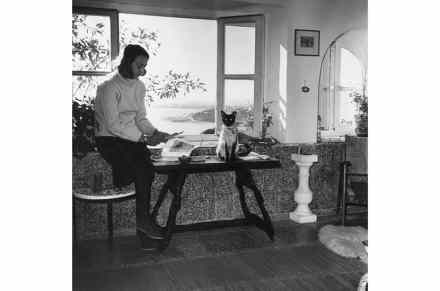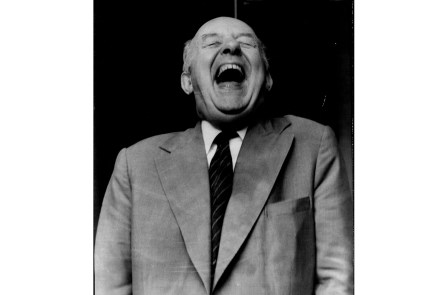Under deep suspicion in Beirut, Kim Philby still carried on regardless
The story of the Cambridge spies has been served up so often that it has become stale — too detailed, too predictable, too firmly etched in Cold War monochrome. So it’s a good idea to seek another angle, through the warmer lens of a love affair involving its main protagonist Kim Philby and his wife Eleanor. It humanises the tale, particularly as it draws on a vivid and neglected personal source — The Spy I Loved— Eleanor’s own book centred on their romance in the Lebanese capital, Beirut. That was where Philby was despatched in 1956 to play out the penultimate act in a drama stretching back to the 1930s,



